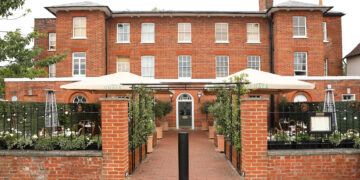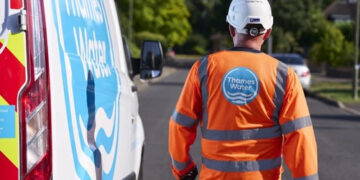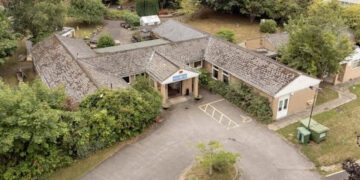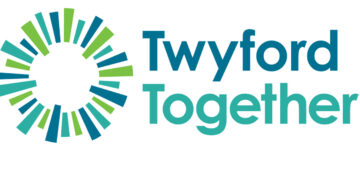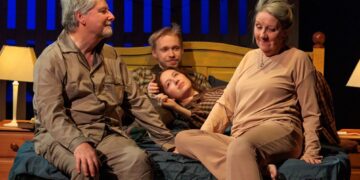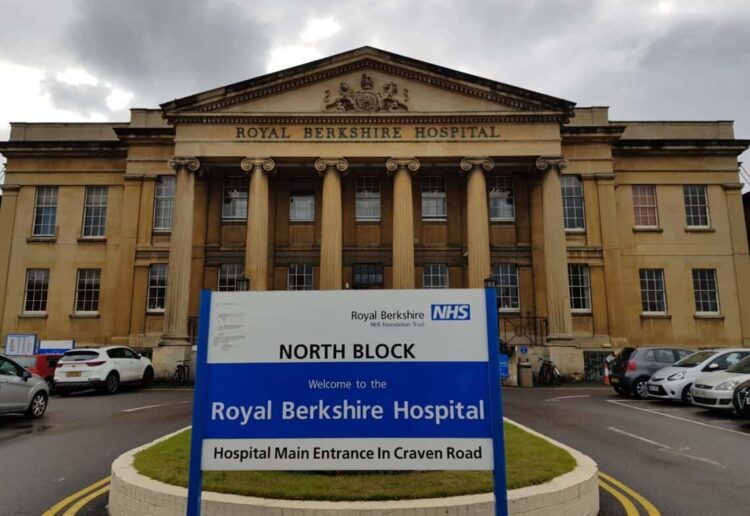FIGURES released by Medical Negligence Assist have shown that cerebral palsy claims have cost the Royal Berkshire NHS Foundation Trust more than £26m.
NHS Resolution data obtained under the Freedom of Information Act by Medical Negligence Assist, showed the trust received 14 such claims against it in that time.
Since 2019, the trust has settled five cerebral palsy or brain damage claims and paid out £23,230,501 in damages, with legal costs for the cases amounting to a further £813,093.
The claims relate to clinical negligence – when a patient is harmed by a healthcare below the standard expected – over the treatment of cerebral palsy, which is a group of life-long conditions.
The conditions affect movement and coordination and can vary significantly in their symptoms.
It is often caused by a problem that affects the development of a baby’s brain while it’s growing in the womb, but can also be caused by damage to a baby’s brain during or shortly after birth.
The most common cause was failed or delayed treatment, followed by failure to monitor the foetal heart rate, and failure to manage second-stage labour.
Over the past five years, the NHS in England has paid out over £2bn in damages over cerebral palsy and brain damage to babies.
Gareth Lloyd, a solicitor who specialises in clinical negligence, said cases involving cerebral palsy are complicated and take years to settle, but added that the outcome can be life-changing to those affected.
“The consequence of clinical negligence for the individual is catastrophic but the effect on the families is equally as bad,” he said.
“Family’s lives are changed forever and, in every respect, it is a life-changing event for everyone. However, a successful cerebral palsy case can have a positive life-changing effect.”
In one case Mr Lloyd represented a mother living in a bedsit whose child had severe cerebral palsy. The hospital eventually admitted liability and with the compensation, the family could move into more suitable accommodation.
In another case, his client, who was disabled, was not receiving any professional support. After the hospital admitted liability, the client was able to afford 24-hour care.
“If neither family had brought their cases forward, they would still be living in entirely inappropriate accommodation with little or no care and support,” Mr Lloyd said.
“Compensation will not put people in the position they would have been if the hospital had not made mistakes, but it will help to make their reality a bit more bearable.”
More information about medical negligence claims is available via: medicalnegligenceassist.co.uk/cerebral-palsy-negligence-claim





